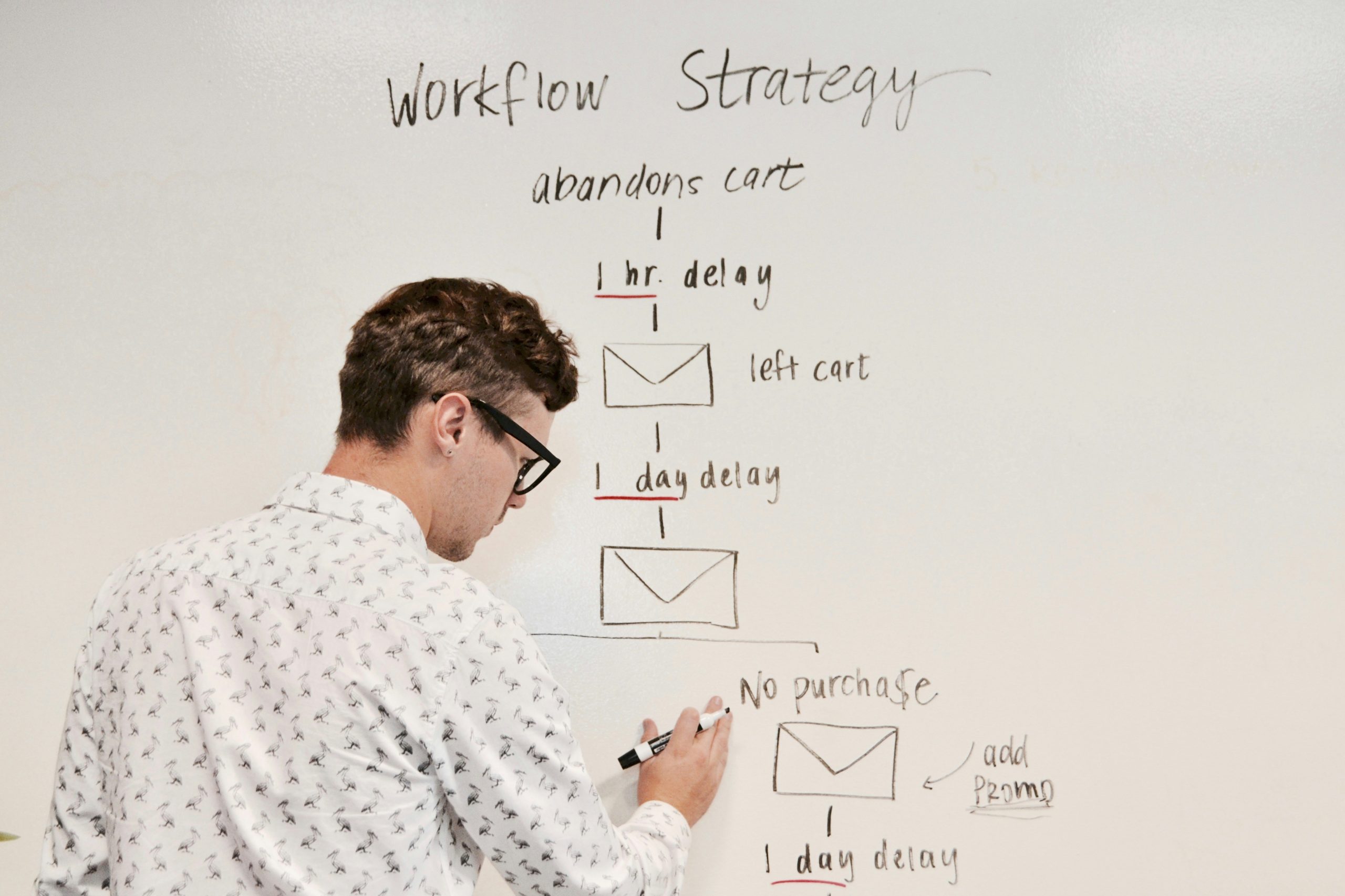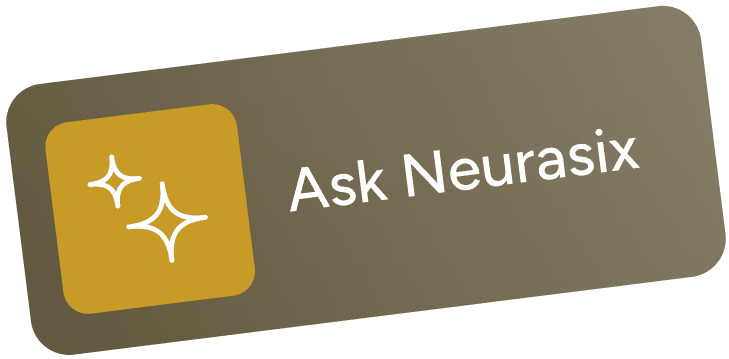The Problem: Time-Heavy, Context-Starved Compliance Workflows
Let’s face it regulatory teams, audit firms, and tax consultants still spend hours (sometimes days) digging
through PDF acts, outdated portals, and scattered email trails.
The process usually looks like this:
- You’re asked a client-specific question on Ind AS 116 or GST reconciliation.
- You Google. You Ctrl+F through PDFs. You cross-reference circulars from 2016.
- You look for case law, then triple-check it’s still valid.
- You ask a senior, who’s also unsure.
By the end of it, your 4-hour task stretches into a full-day effort without any guarantee you found the most up-to-date or region-relevant guidance.
The cost?
Lost time. Risky assumptions. Billable hours wasted.

What Makes Regulatory Research So Frustrating?
1. Scattered Sources
Whether it’s India’s MCA portal, GCC’s MOF updates, or IFRS.org—each site speaks a different language (literally and structurally). There’s no single window.
2. Zero Context or Interpretation
Most platforms give you the law. But not the “so what?”
Clients ask for implications, not just citations.
3. Updates Get Missed
Laws change. Circulars expire. Case precedents shift. Unless you’re on top of 40+ sources daily, you’re already behind.
The Impact on Teams
“We lose 2–3 days a week just validating if a section applies to our client’s scenario.”
-Audit Lead, Mid-size Advisory Firm, Mumbai
This isn’t just slow. It’s risky.
- Advisory delays reduce client confidence.
- Errors in interpretation lead to compliance gaps
- Your team starts avoiding complex questions altogether.
That’s not scalable. And definitely not future-ready.
What Should the Ideal Workflow Look Like?
- Ask a query in plain English
- Get an answer with citations, interpretations, and region-specific context
- Share or export that response with zero second-guessing
That’s not a dream. That’s what platforms like Neurasix are solving with real-time AI copilots for finance teams.
Final Thoughts
If your team is still chasing clauses, patching insights, or “waiting on legal” , it’s time to ask why.
Research shouldn’t be the bottleneck. Your expertise should be.



